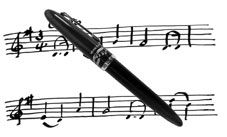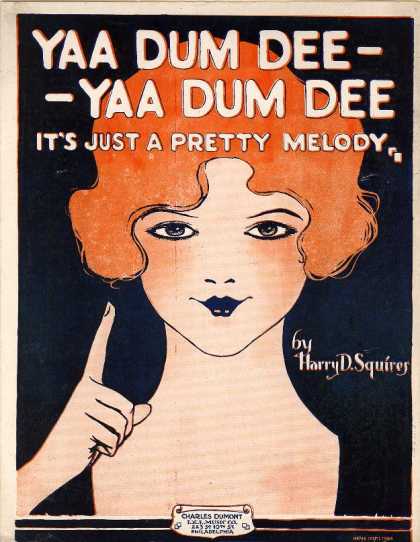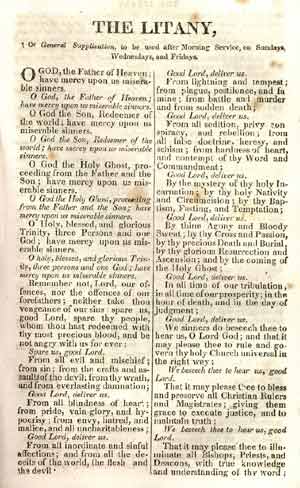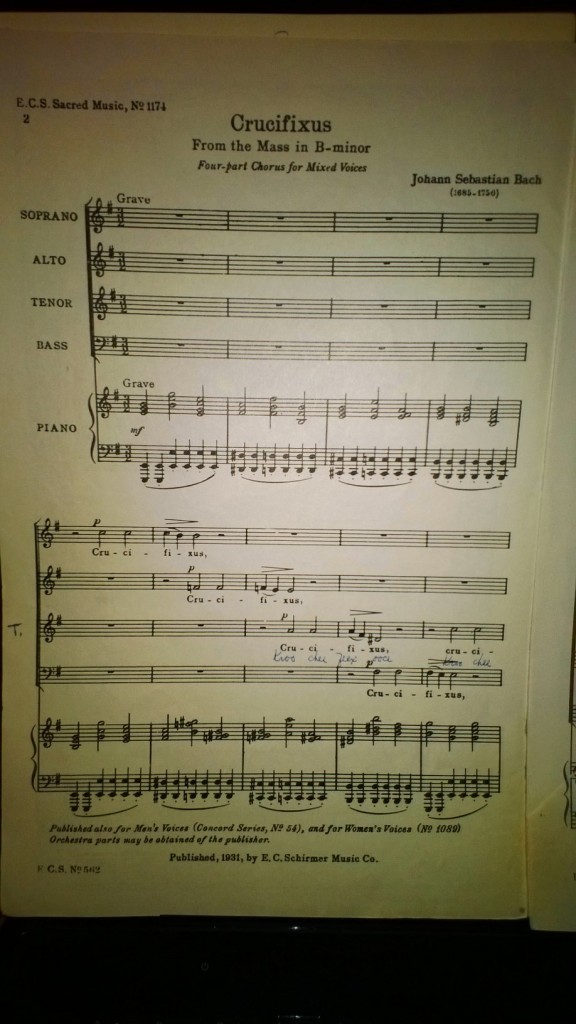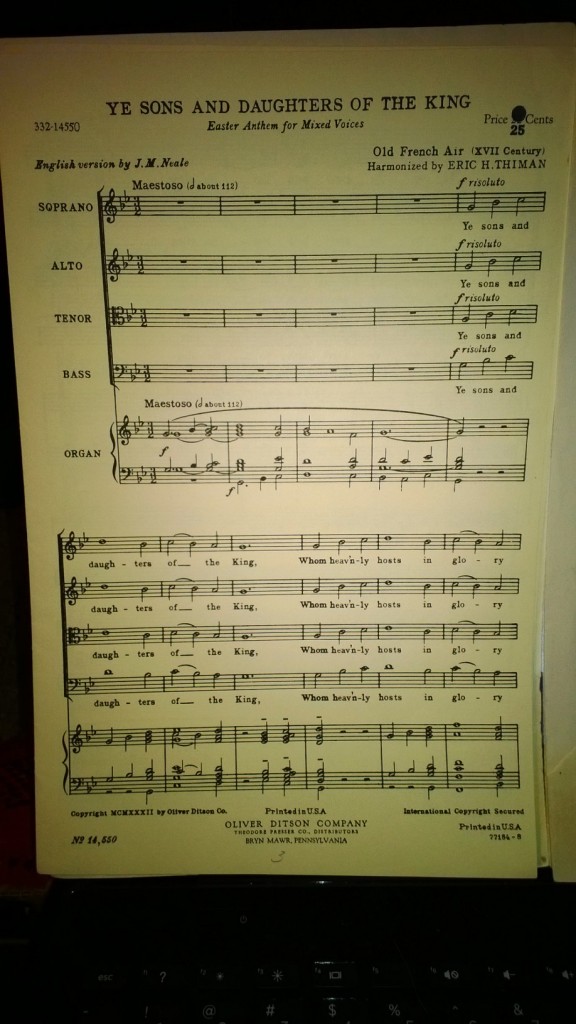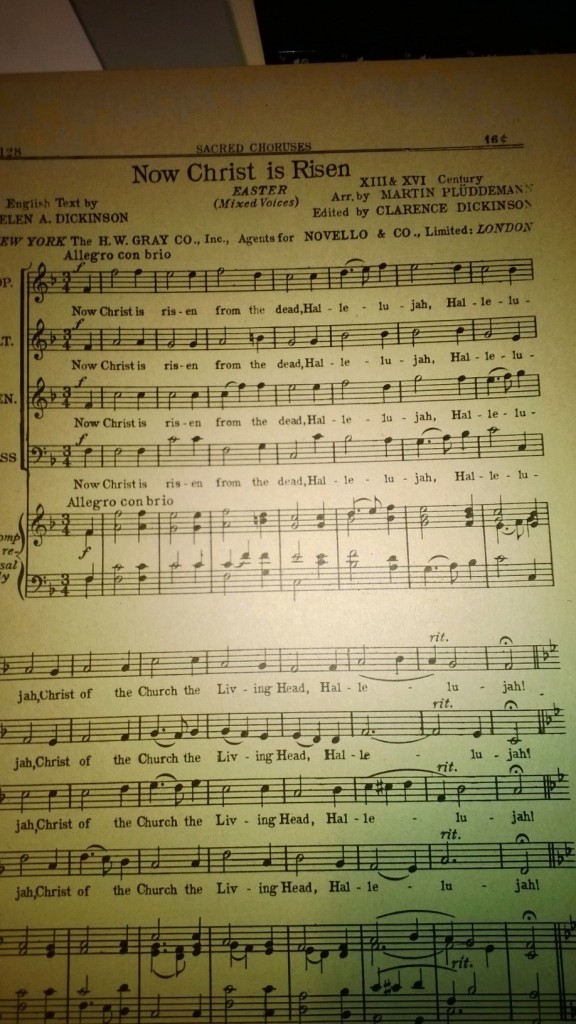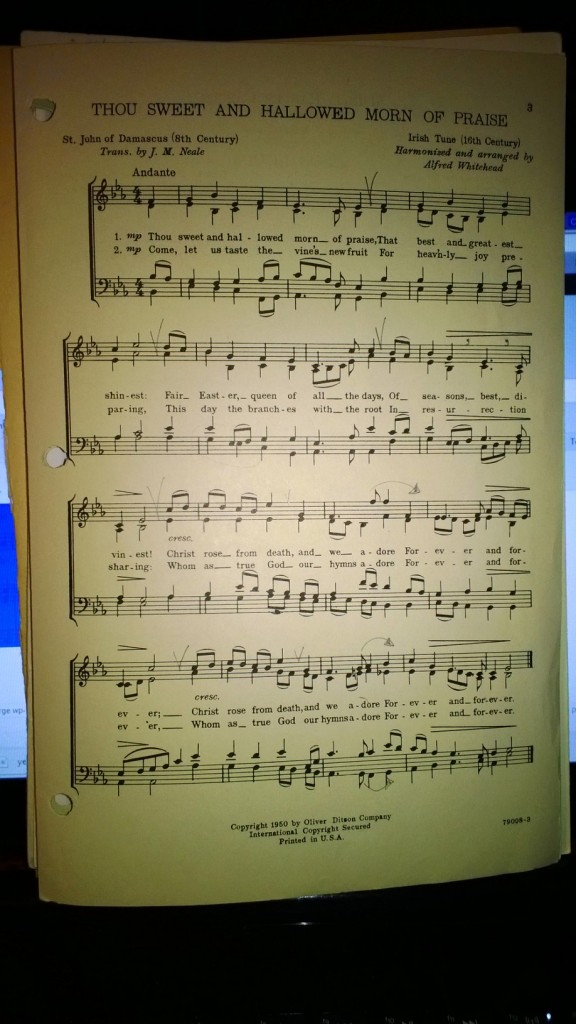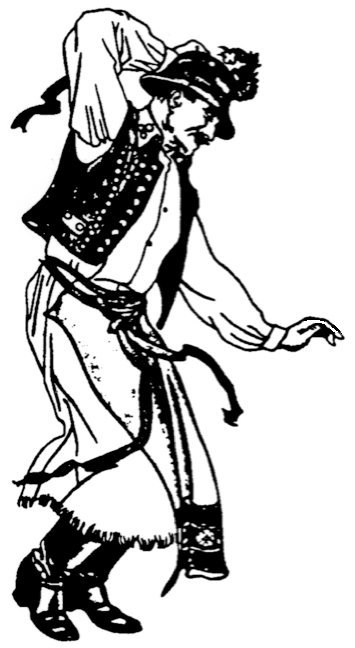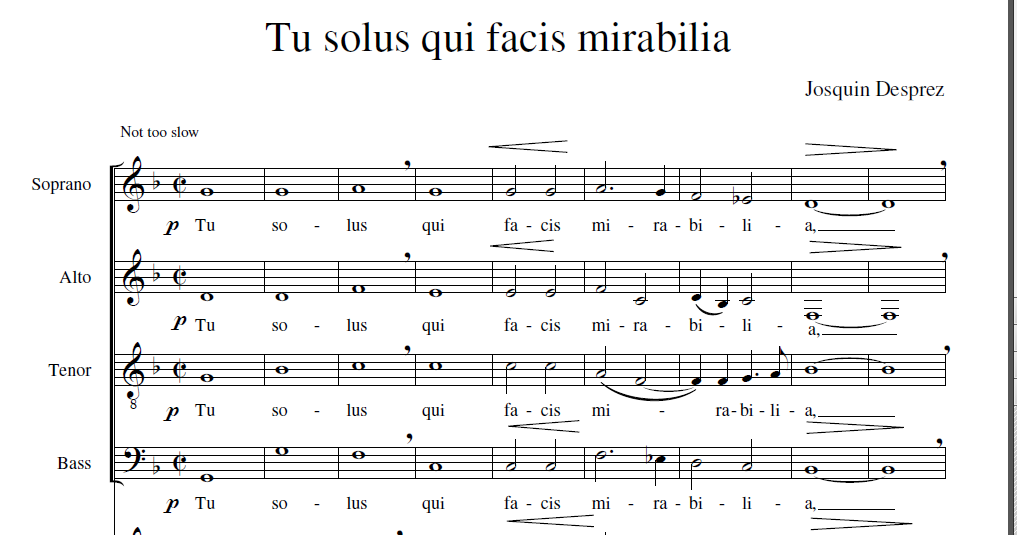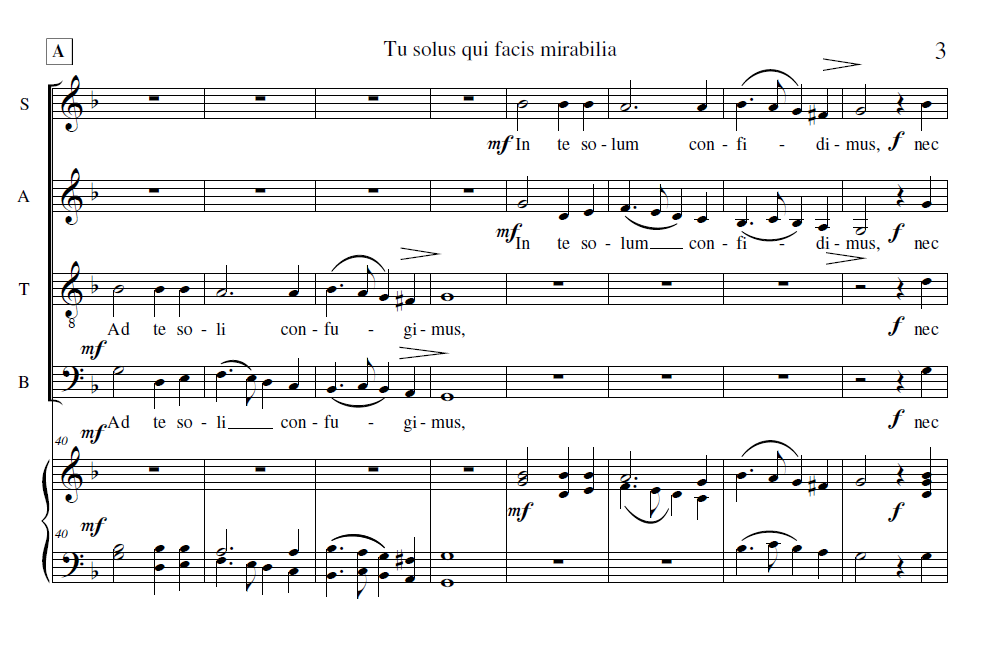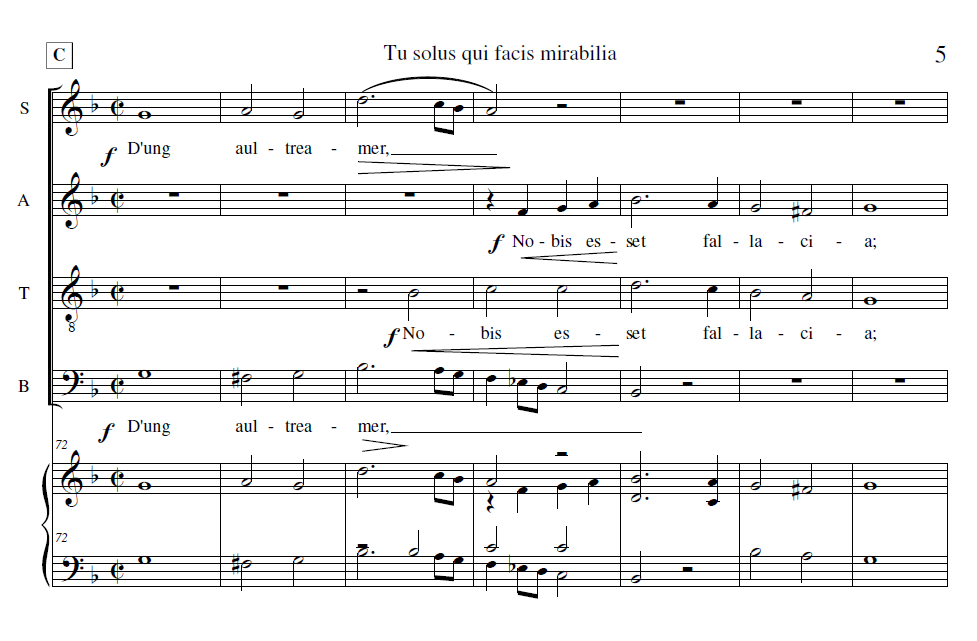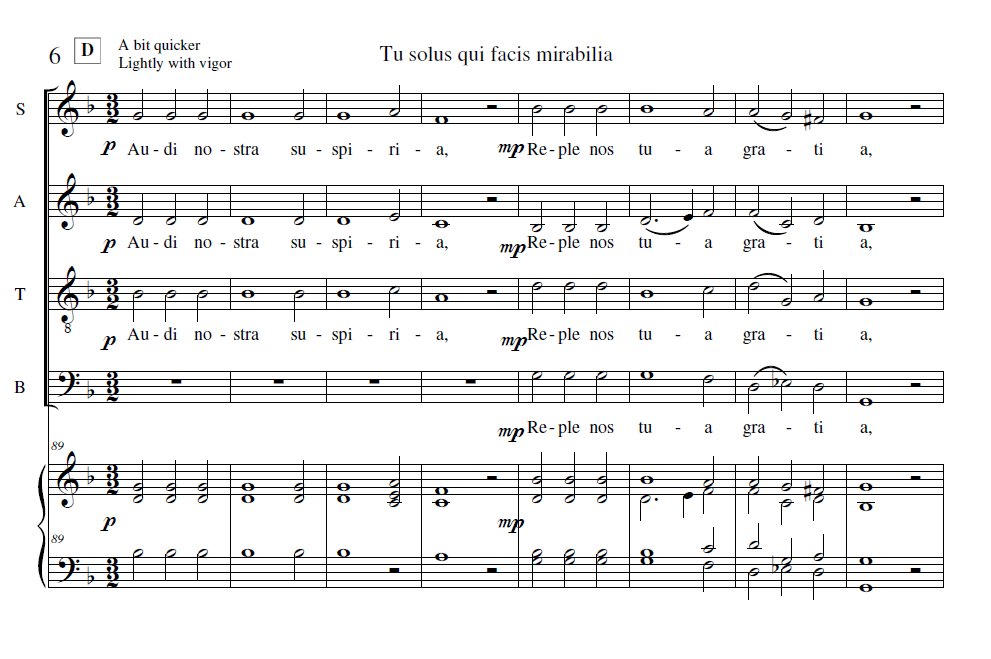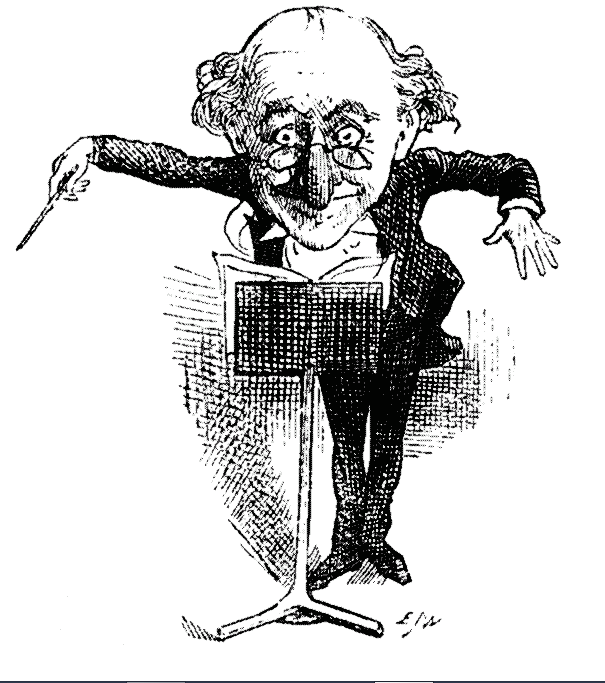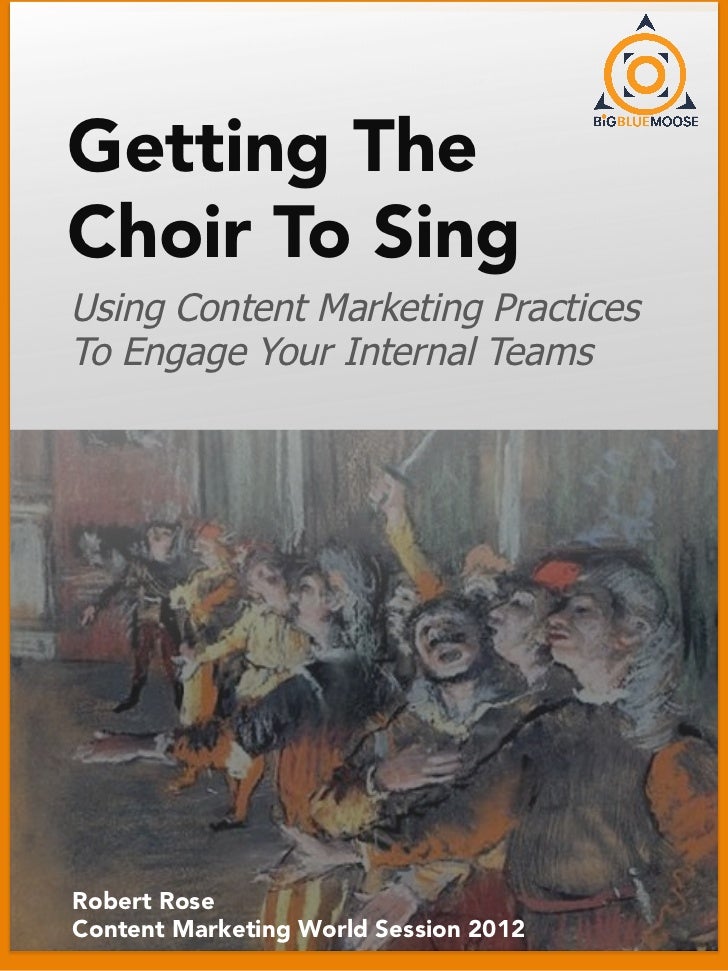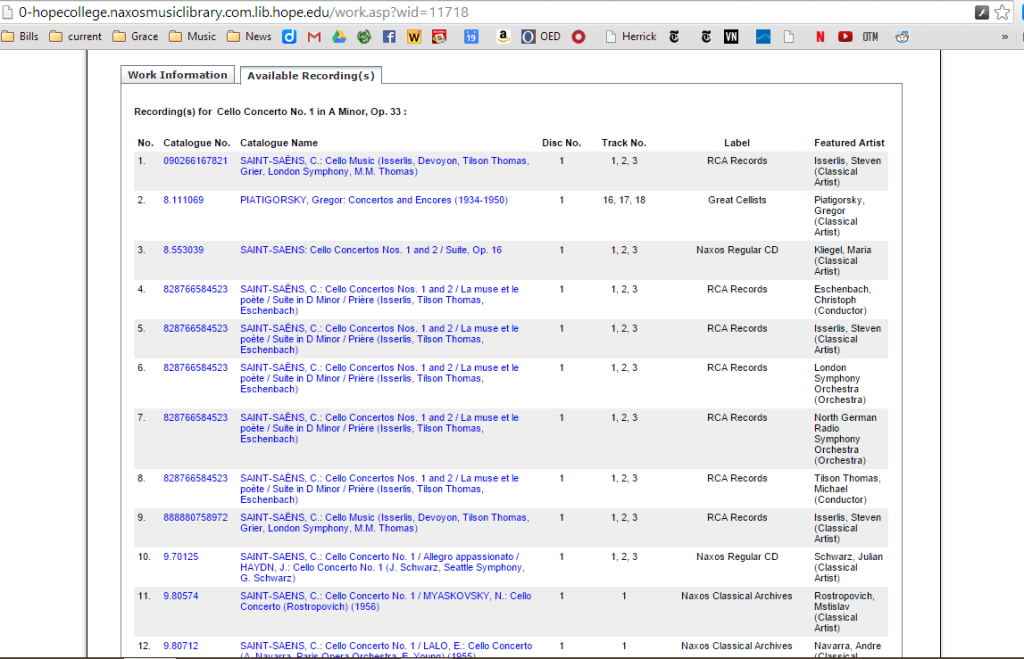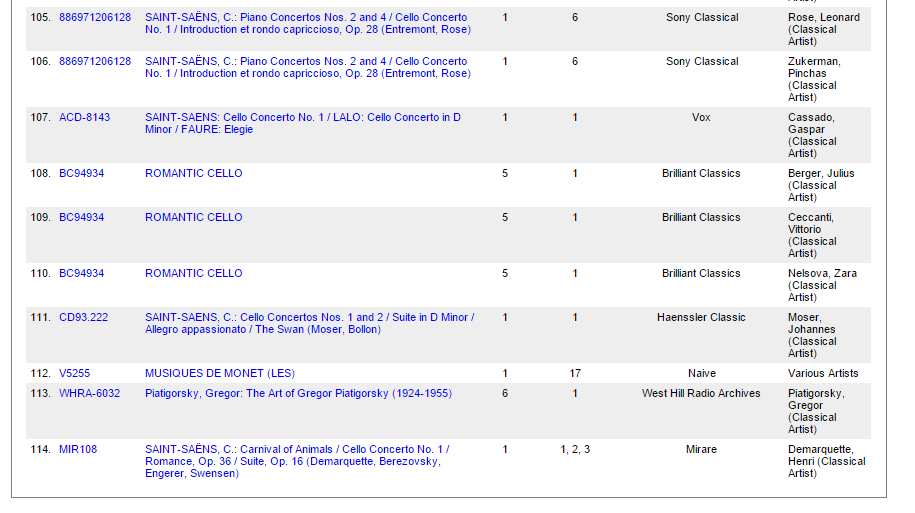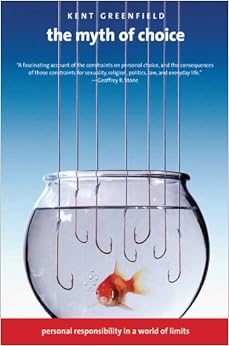
This morning I ordered a paperback copy of Christianity: The First Three Thousand Years by Diarmaid MacCulloch a book I have read in Kindle format. I am planning on rereading the book in its paperback form for the reason that I think certain books work better for me in book form instead ebook.

I am reading MacCulloch’s lovely little book on silence.

Before purchasing a copy of it (in book form), I listened to most of it (dozing on and off as I do with audiobooks) online. As I read I am shocked by the difference of the two experiences. Mostly the omission of footnote references in the audiobook.
While this makes sense, reading Silence: A Christian History has helped me understand the value of holding a book of footnoted nonfiction in ones hands to read. MacCulloch has a charming habit of cross referring in his books. He did this Christianity: The First Three Thousand Years. Unfortunately he did it with page numbers with which my Kindle version did not correspond therefore rendering his wonderful scholarly nonlinear references inert.
In his rendering of Vierne’s autobiography in Louis Vierne: Organist of Notre Dame Cathedral, Rollin Smith goes so far as to reserve the entire left page for footnotes. This makes tons of sense since Vierne’s autobiography is riddled with factual errors about time, date, place and people.
Smith boxes in the left page and labels it “Annotations.” I have no idea how you would do this on a Kindle. I am convinced that the ebook needs lots of improvement before it will become as functional as books one holds in one’s hand, especially footnoted books.
Having said that, I do love my Kindle.

I love its portability and how quickly I can access material sitting in my living room.
So once again it’s a question of “both/and” for me.

I had an interesting day yesterday. The 8:30 class was spent entirely on my presentation about the relationship of music to ballet combinations (as they call the exercises they do to refine technique).
Although I did a lot of talking it was basically a conversation and a fascinating one for me. Julie, the teacher, chimed in and eventually took over asking students how they had experienced teaching in relationship to the manner in which instructions were given (this is a critical part of how music fits in).
I began by clarifying for the students that I was not faculty but staff. I thought this was important both for them and me. For me, I have less and less faith in organized education. While it is still probably the best way to learn stuff as a young person, it is failing to teach people essential ideas much less flights of intellectual wonder in so many areas.
Or at least students and teachers often seem shockingly ignorant to me.
Anyway, I felt like this class worked very well and was satisfied to be asked to do this even though in reality my official status is the same as the janitor and hired gun accompanists in the music department (Hi Rhonda!I.

I don’t think Julie fully understood that I wasn’t faculty as she questioned me about my status after class. “So you aren’t adjunct?” she asked. Nope I said. At that point I realized that I might have some ethical problems becoming adjunct at Hope, since they insist that all teachers subscribe to a Christian vision in their mission statement.

After that class, I worked on two little compositions for the next class.
This was fun also. Then I worked with two groups of dancers, showing them the music and then adjusting it if necessary. In each case, I had managed to compose an A section which will need a B section before next Monday.
You know, my life is pretty damn good.
Review: Trinity Wall Street and Julian Wachner Play Carnegie Hall – NYTimes.com
This is a review of a performance given this last Saturday. Beforehand Wachner sat down at the piano and led a hymn sing to help people understand the Ives piece he was about to perform. How bout that?
Who Loves America? – NYTimes.com
I am appalled at Guiliani and his right wing cohorts who are trumpeting they believe that President Obama doesn’t love America. Great Baldwin quote at the end of this article.
As James Baldwin put it, “I love America more than any other country in the world, and, exactly for this reason, I insist on the right to criticize her perpetually.”
What Would Malcolm X Think? – NYTimes.com
I have always admired Malcolm X. He was a musician as well as a brilliant thinker.
This article is one of his daughters. She seems pretty sharp as well.
As it is, today’s protesters often act like they are starting from square one. This disconnect cannot be dismissed as the hubris of youth; it is a symptom of our failure to teach this generation about black history and the way our economic and social systems actually function.
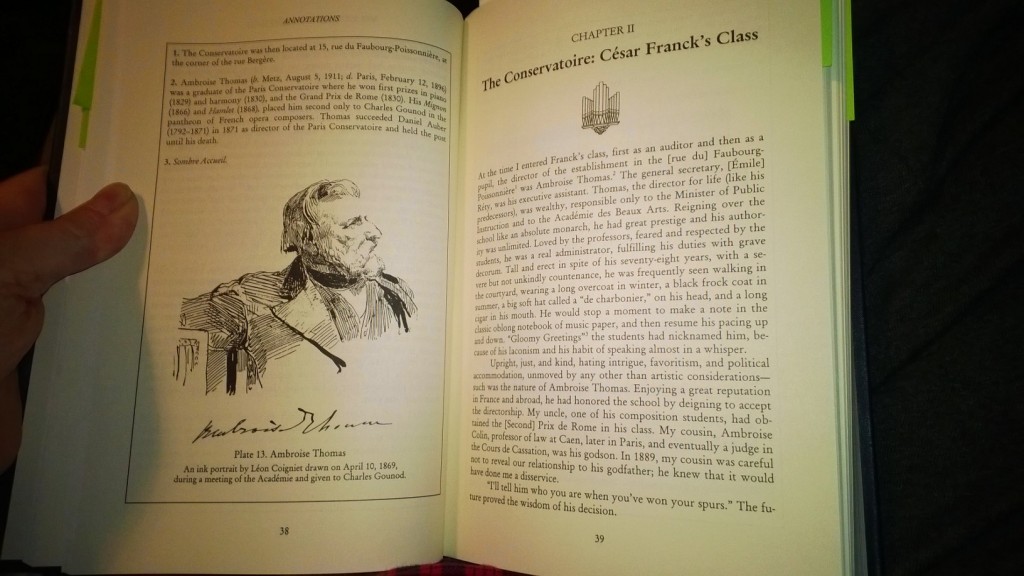
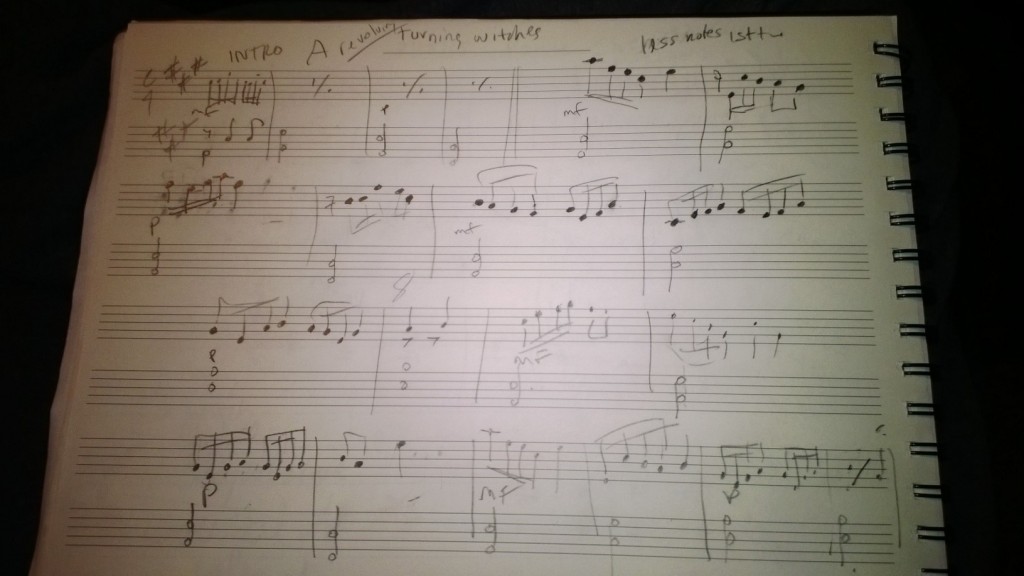
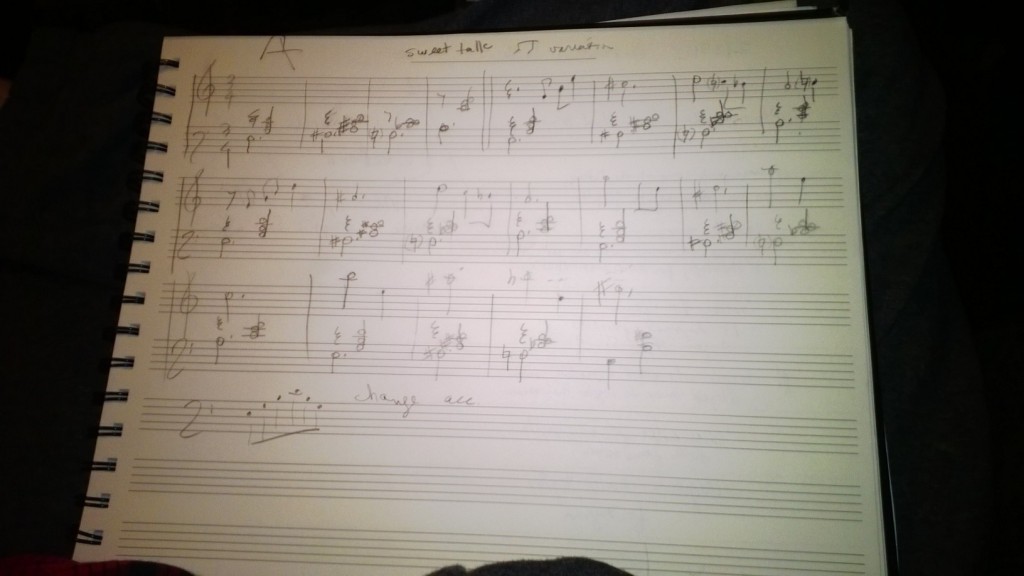









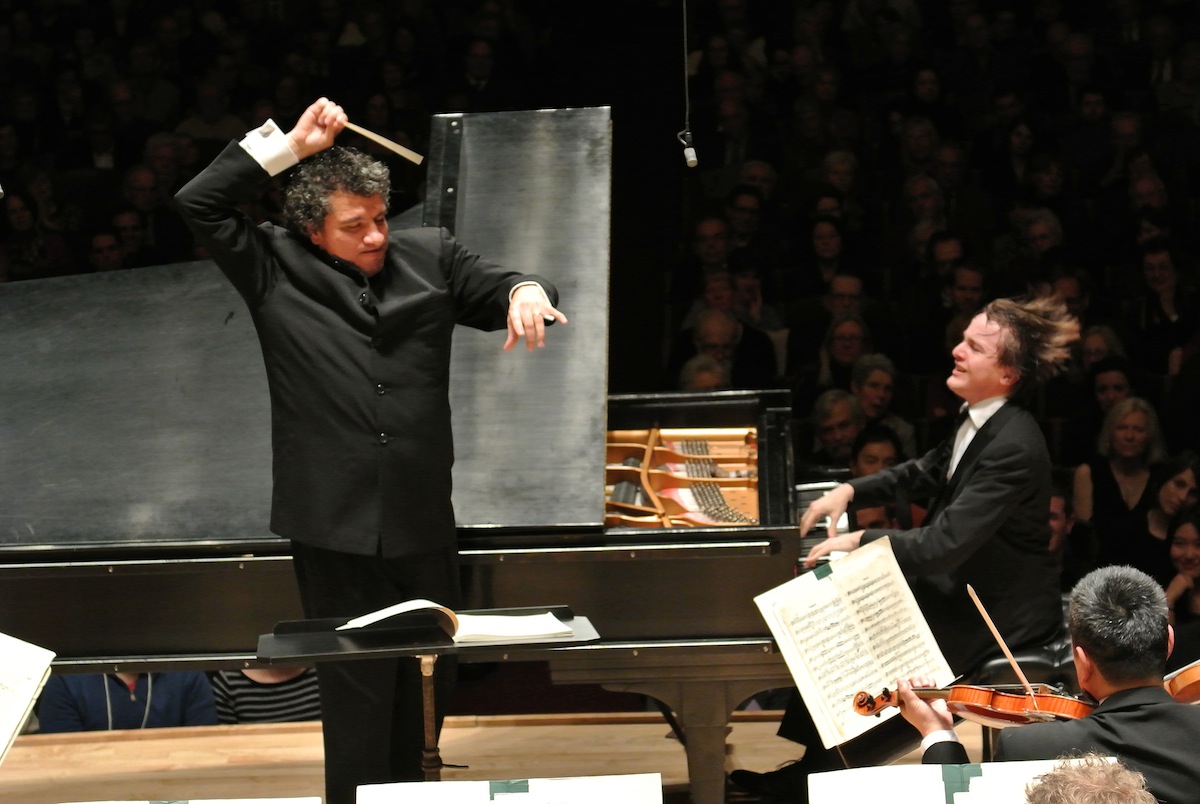

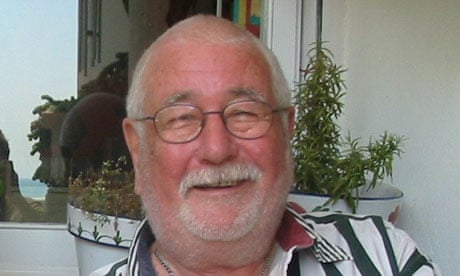



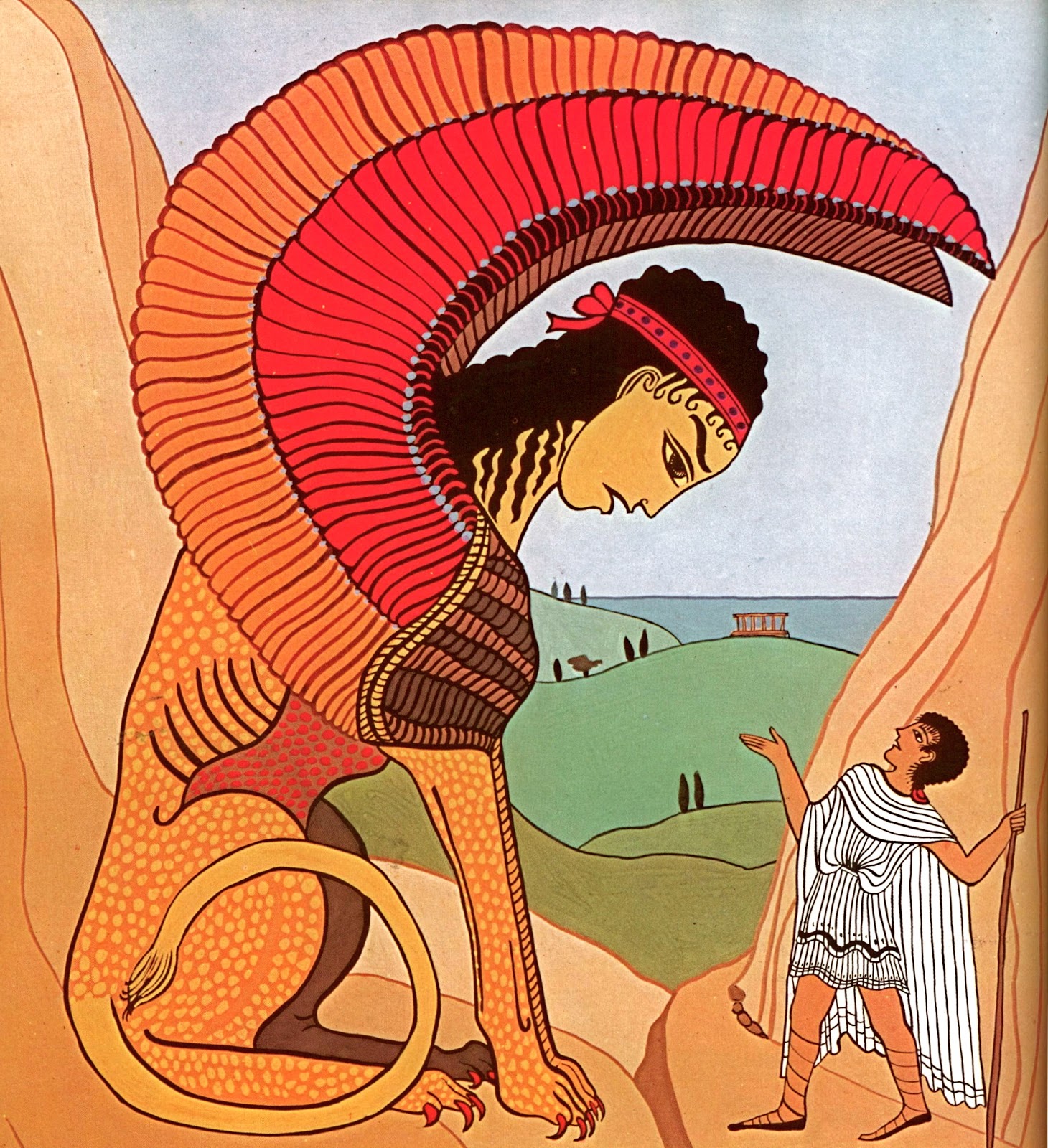


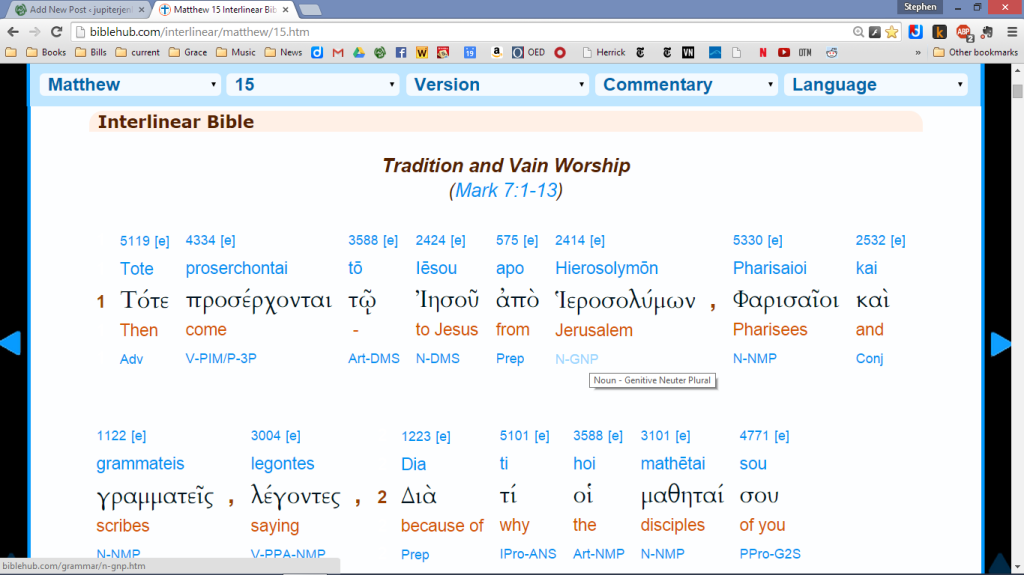

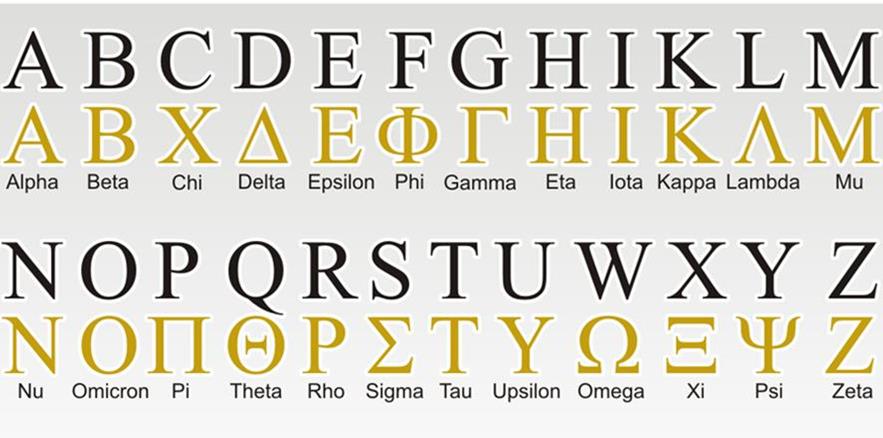


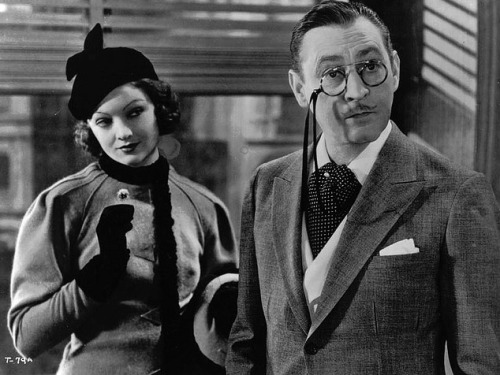




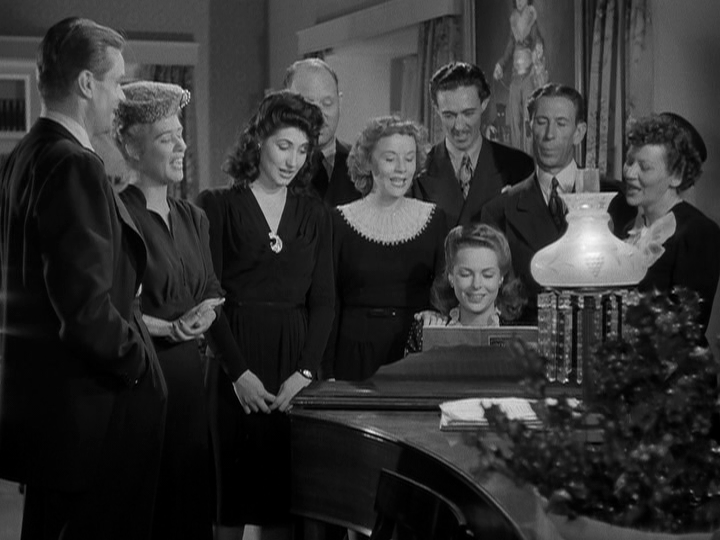



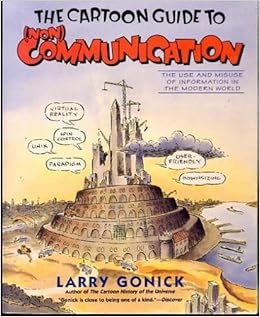








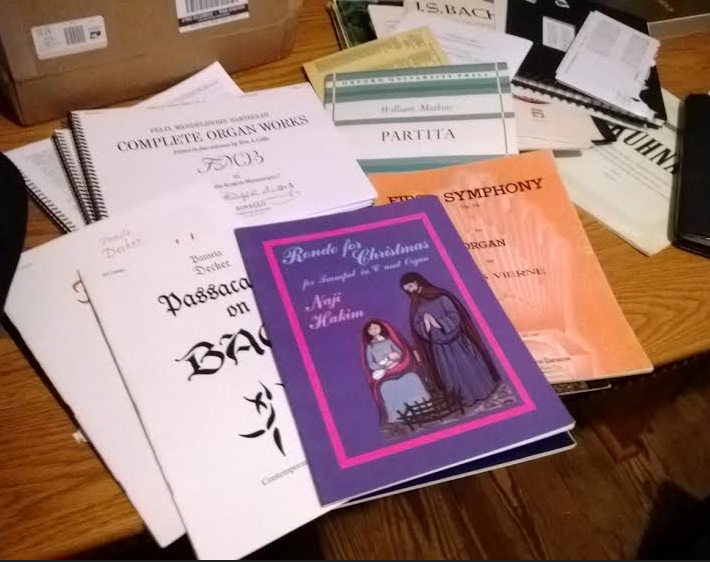











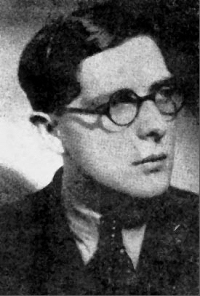

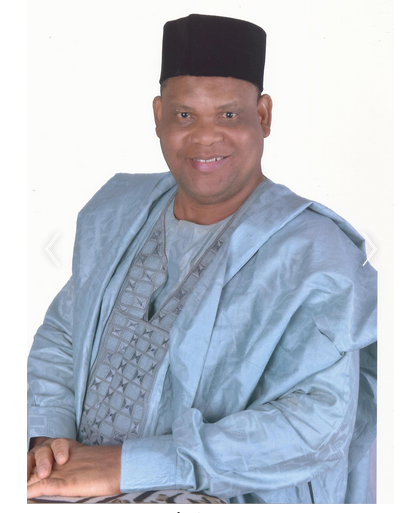

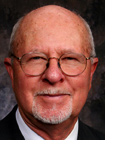
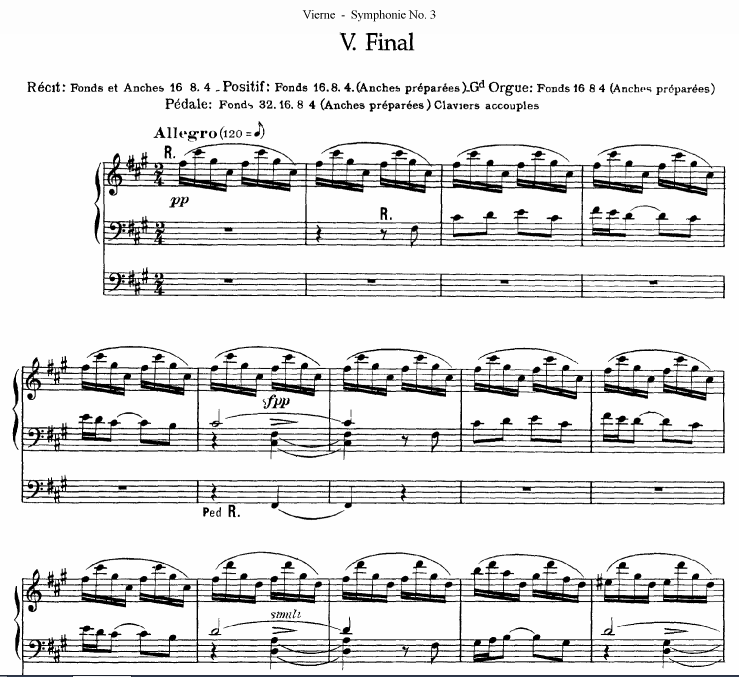
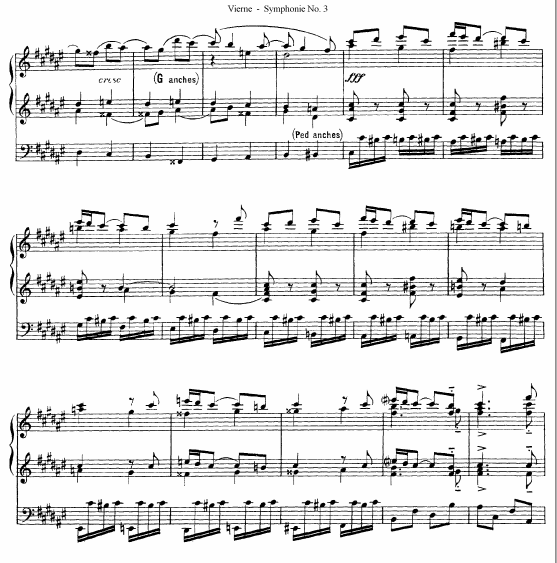
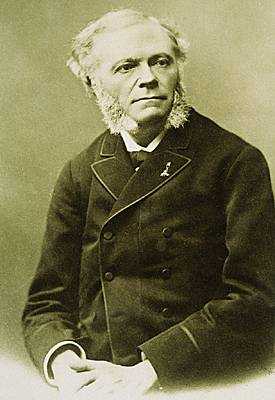
 Franck died tragically from the results of a carriage accident while Vierne was studying with him. Widor (about fifteen or sixteen years older than Vierne) was appointed to take Franck’s class of young organ students.
Franck died tragically from the results of a carriage accident while Vierne was studying with him. Widor (about fifteen or sixteen years older than Vierne) was appointed to take Franck’s class of young organ students.
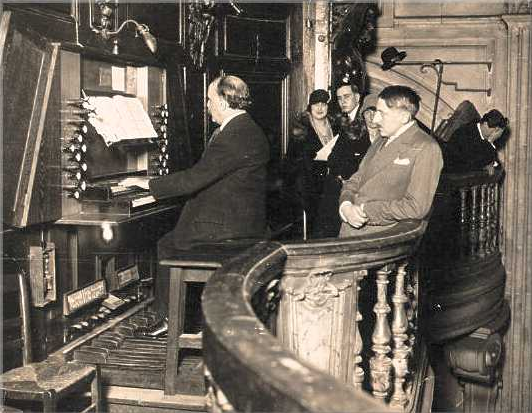

 Yesterday I went through our local American Guild of Organists directory looking for people to connect with on Facebooger. I included national and regional people. I have already had some of them respond. But of course many of them won’t
Yesterday I went through our local American Guild of Organists directory looking for people to connect with on Facebooger. I included national and regional people. I have already had some of them respond. But of course many of them won’t

 Another point of satisfaction I have experienced recently is that I have tamed my Windows 8 to be more Jupe friendly. Yesterday I googled some questions and managed to turn off my lock screen and log in screen.
Another point of satisfaction I have experienced recently is that I have tamed my Windows 8 to be more Jupe friendly. Yesterday I googled some questions and managed to turn off my lock screen and log in screen.  This is a relief for me. Silly I know, but it makes my experience at the computer better.
This is a relief for me. Silly I know, but it makes my experience at the computer better. 











